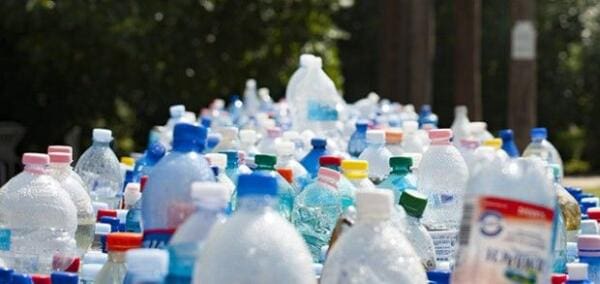The global outcry of hostility against plastic products has been gathering momentum since the end of 2017 and, subsequently, politicians and governments have pledged to introduce measures to reduce plastic waste.
However, many of these new policies have been deemed to be popularist and lacking in substance. Many governments, including the European Union, have set recycling targets that have been questioned by the recycling and plastics industries. The EU has made a pledge to have all plastic packaging recyclable or reusable by 2030, a far more aggressive strategy that the UK Government’s plan for plastic waste reduction.
However, until recently, there has not been a definition to govern the use of the term “recyclable” and so how could any of those targets be quantified? Due to the public outrage about how plastic waste is damaging our planet, politicians have wanted to be seen to take urgent action, but maybe a more considered approach is needed. Should the first step be to engage with:
Plastic product designers and producers;
Companies who will ultimately recycle the products;
Businesses that will use the recycled plastic products in the manufacture of new products.
One issue that has often plagued the waste sector is the defining the terminology. Even the classification of “Waste” differs from country to country.
However, two leading global international plastics recycling organisations have worked together to define the term “recyclable” in terms of plastic products and packaging. In July 2018, Brussels-based Plastic Recyclers Europe (PRE) and the Association of Plastic Recyclers in Washington, USA have concluded that there are four conditions that define a plastic product as being “recyclable”. These are:
The product must be made with a plastic that is collected for recycling, has market value and/or is supported by a legislatively mandated program;
The product must be sorted and aggregated into defined streams for recycling processes;
The product can be processed and reclaimed/recycled with commercial recycling processes;
The recycled plastic becomes a raw material that is used in the production of new products;
Technology already exists to help with the sorting of plastic waste into defined streams. Additionally, there is processing equipment available to remove contamination such as metal (Magnetic Separators, Eddy Current Separators, Metal Detectors) and other contaminants (Optical, X-Ray, Infra-Red).
A recent case history report highlighted how EcoVyn, a PVC compounder in the UK, already processes 1000 tonnes of plastic waste each month of which 80% is post-consumer.
Such clarity of the definition of whether a plastic product is really “recyclable” can only be beneficial, assisting product designers, users and recyclers. However, it remains unclear whether the EU, UK and other governments will use this new definition when setting their recycling and plastic waste targets.
For further information on metal separation equipment designed for removing metal from plastic waste and in other recycling applications, please visit our website or contact us on:

